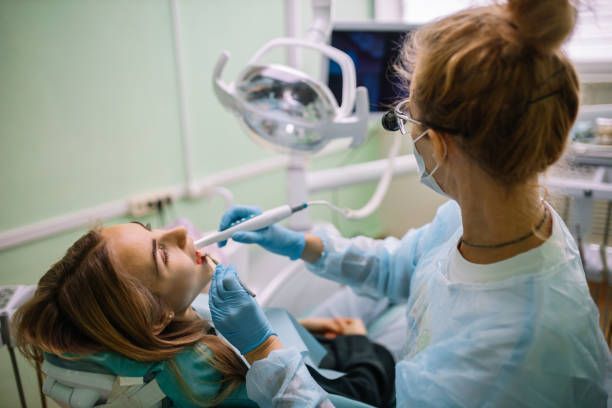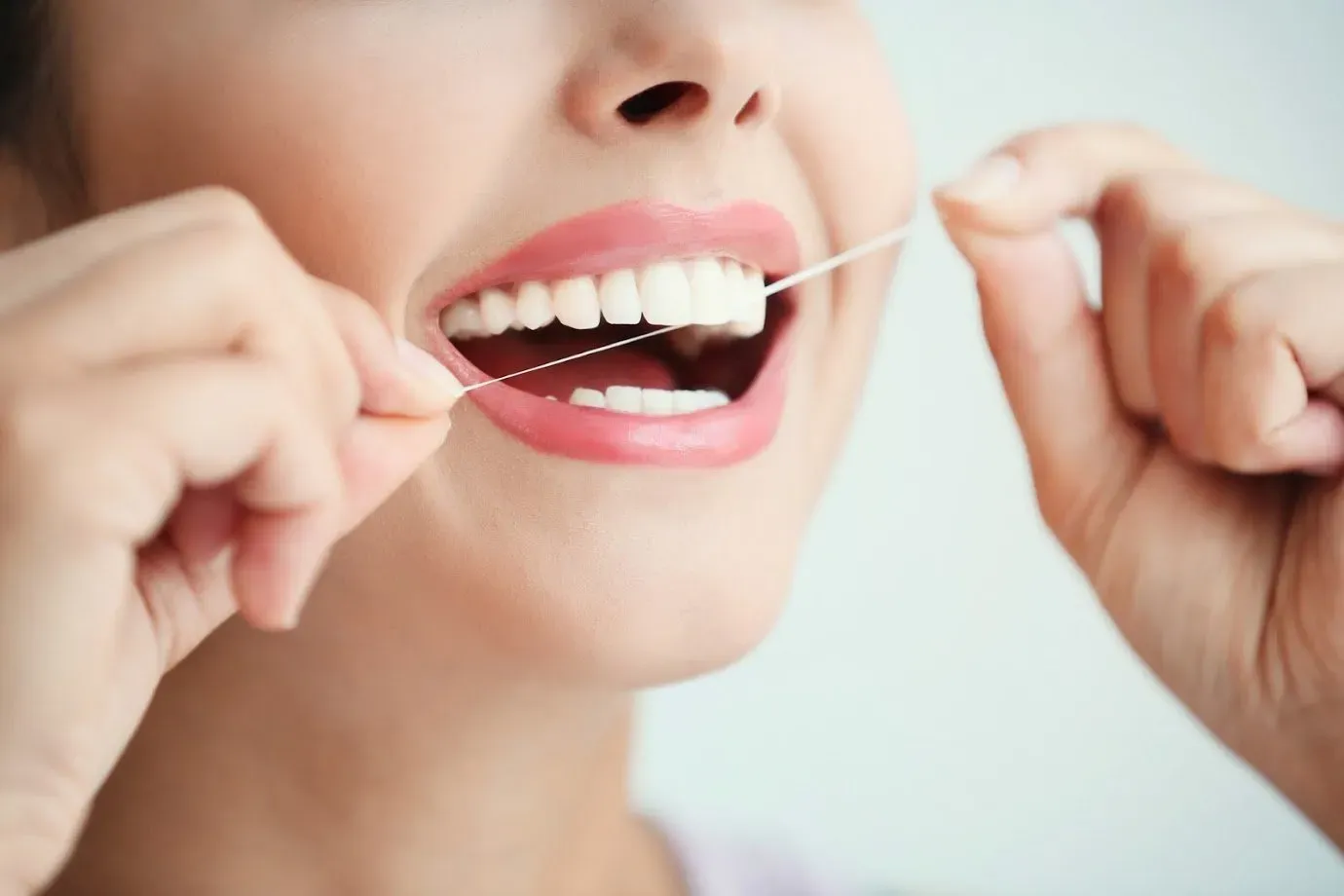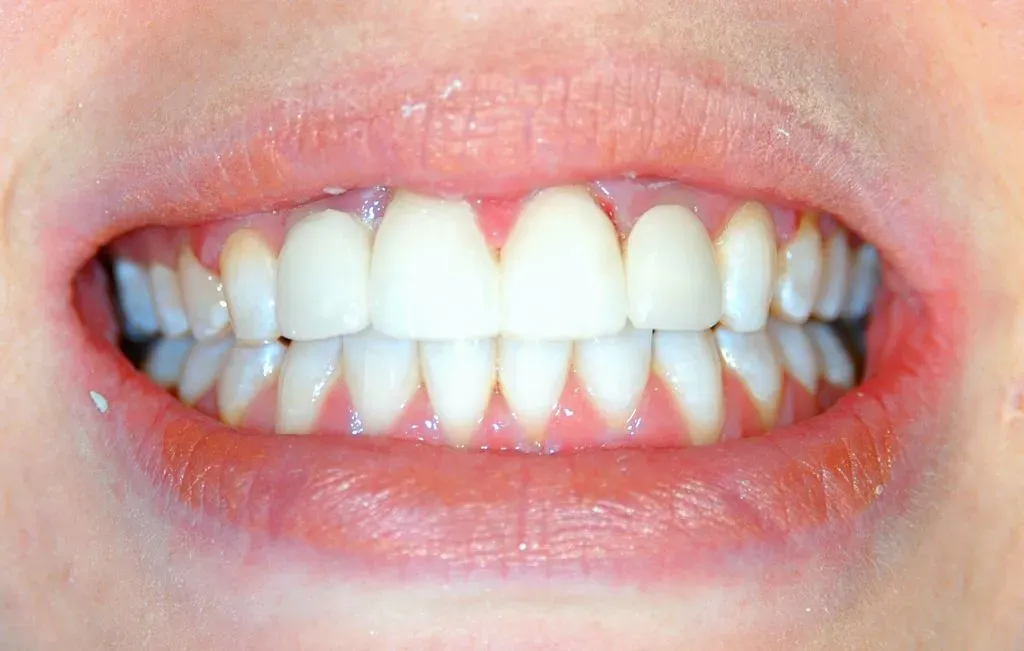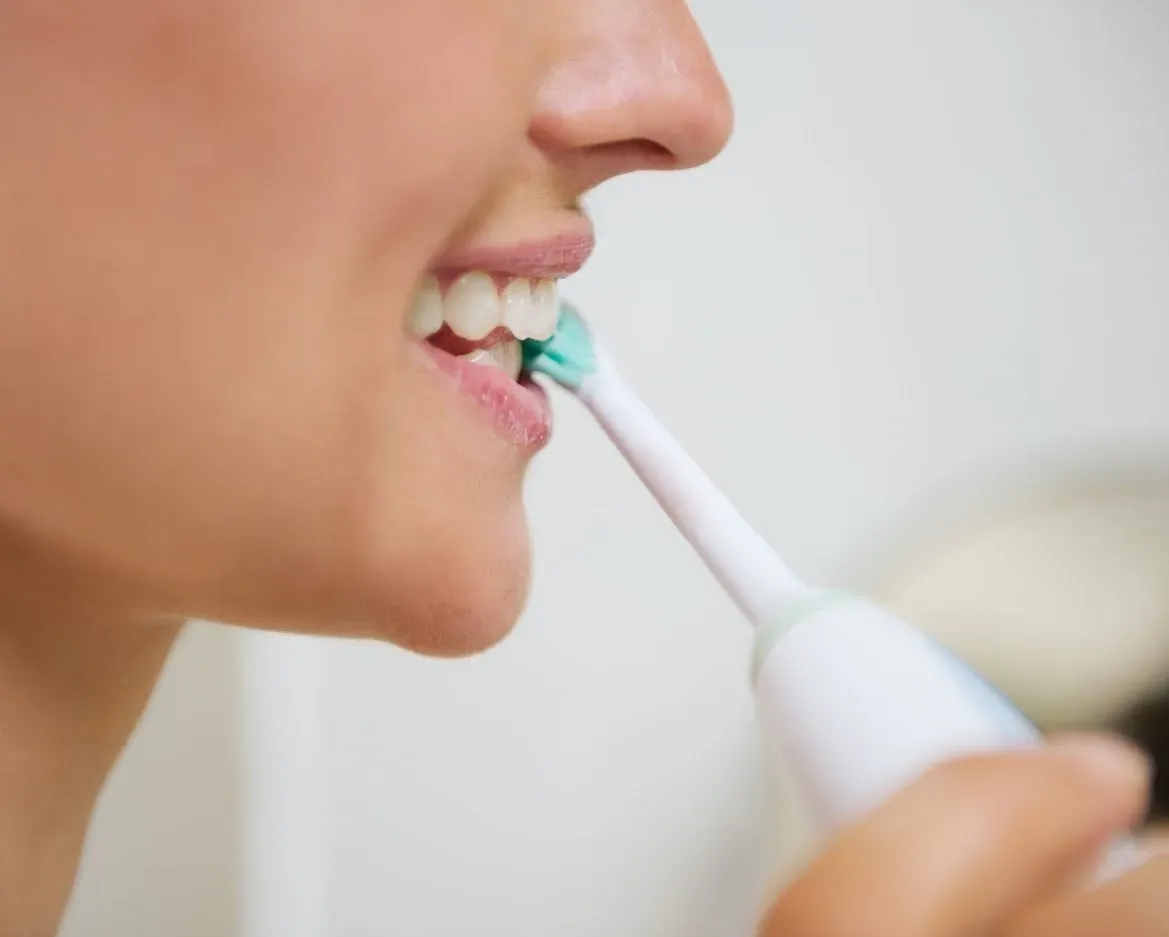4 Things You Should Teach Your Children About Dental Care

As soon as your child's first tooth arrives, so does your responsibility to protect his or her dental health. When your children are young, they don't know about important dental habits that can keep their teeth healthy. Unfortunately, many parents aren't aware of all these important habits, either.
When you teach your children about dental health early on, they'll start on the road to achieving a lifelong healthy smile. Read on to find out what you should teach your children about dental care.
1. Eat and drink mainly at set meal times
Many parents aren't aware that the way they are feeding their children harms their teeth. Normally, saliva cleans your teeth after you eat. But if your child eats snacks all day long, his or her saliva doesn't have time to clean the teeth. Your child is giving bacteria a delicious feast-and this leads to tooth decay.
The same goes for constantly drinking anything other than water-even milk or formula. Unfortunately, some parents let their children carry around a bottle all day or even go to bed with one. This can cause a condition called bottle tooth decay. This means your children's front teeth might have marks, discolouration or even decay.
To avoid tooth decay, give your children regular meals and snacks that are nutritious and filling. Give them their bottles only at eating times. Then they'll be less likely to eat and drink throughout the day.
2. Brush teeth regularly and thoroughly
When your children are still young, they don't yet have the coordination or strength to give their teeth a thorough cleaning. Thus, you'll need to brush their teeth for them.
You can start brushing your children's teeth with fluoride toothpaste when they are three years old-but use just a drop the size of a pea. Teach your children to spit after brushing, because swallowing toothpaste is unhealthy for them. Before age three, simply brush your child's teeth with water and a child-sized toothbrush.
When your child is about six, he or she may be old enough to brush his or her own teeth. Teach your child how to brush every surface, including the gums, the backs of their teeth and the tongue. Have them listen to a song while they brush so they devote adequate time to the task.
As soon as your child's teeth touch-probably when they are between ages six and nine-begin flossing your child's teeth. Teach your child how to floss as soon as you feel he or she is ready.
3. Avoid sugary food
Cavities form when bacteria in the mouth eat the debris left on your teeth. This debris often comes from foods high in sugar, such as candy and cookies, as well as carbohydrate foods like rice, potatoes and bread.
Your teeth naturally replace lost minerals to prevent cavities. But if you eat too many sugars and starches, your teeth won't be able to keep up with the bacteria attacks.
Thus, you should teach your children to limit sugary and starchy foods. This includes soda and juices-even fruit juices-which are very high in sugar.
4. See the dentist regularly
Dentists recommend that you bring your child for his or her first dental appointment before his or her first birthday. Even though your child may not have all his or her teeth yet, your dentist can check to make sure the teeth are coming in normally. Your dentist can also teach you how to care for your child's teeth.
After the first visit, you should continue to bring your child for dental appointments every six months. This is an opportunity for dental hygienists to clean his or her teeth and for the dentist to check the teeth and make sure there are no signs of decay.
Follow these guidelines to protect your child's dental health now and for the future.










